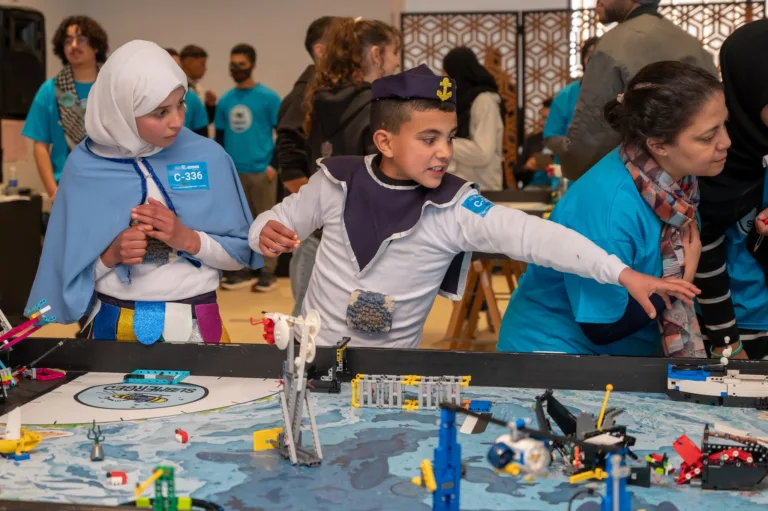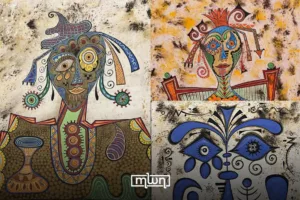Ever wondered if love is more science than sentiment? Turns out, it’s both.
Fez– Love is often seen as a feeling that blooms in the heart, but in reality, it’s the brain that does most of the heavy lifting.
Hormonal releases and brain chemicals are triggered, making love more of a brain game than a simple emotional experience.
Dopamine, serotonin, and oxytocin are some of the key neurotransmitters involved, fueling pleasure, satisfaction, and, well, the warm fuzzies we all crave.
When you feel good about someone, your brain takes notes and encourages you to seek that feeling again.
But love isn’t just one feeling, it’s a mix of overlapping components that work together to shape how we connect with others. These include: Infatuation or attraction, sexual desire and attachment.
Though these components play a significant role in love, they aren’t necessarily phases you go through. They’re just different aspects of how love can manifest.
Attachment, for example, can grow out of a deep friendship, and that can lead to a romantic relationship. In those cases, the safety and trust you build with someone might come before the attraction or sexual desire.
Here’s where it gets interesting: while hormones and neurotransmitters are busy doing their thing, you still hold the reins when it comes to how you feel. Love isn’t just a series of chemical reactions, it’s also about choice.
We can help ourselves recognize when we’re in the honeymoon phase, it’s important to be aware of moments when we might be overlooking red flags.
On the flip side, if you’re hyper-focused on picking apart someone’s flaws, it could make it harder for your brain’s reward system to kick in.
Hormones like dopamine and oxytocin can certainly shape your behavior, but your actions aren’t automatic.
It’s important to check in with yourself and take a moment to understand what’s happening inside. Taking a step back and reflecting on your feelings can help you navigate the complex and beautiful process of love with a clearer perspective.
So, while love might be sparked in your brain, how you choose to respond is still very much in your control.
Read also: Why Nature Has Its Own Internet And We’ve Been Ignoring It
















